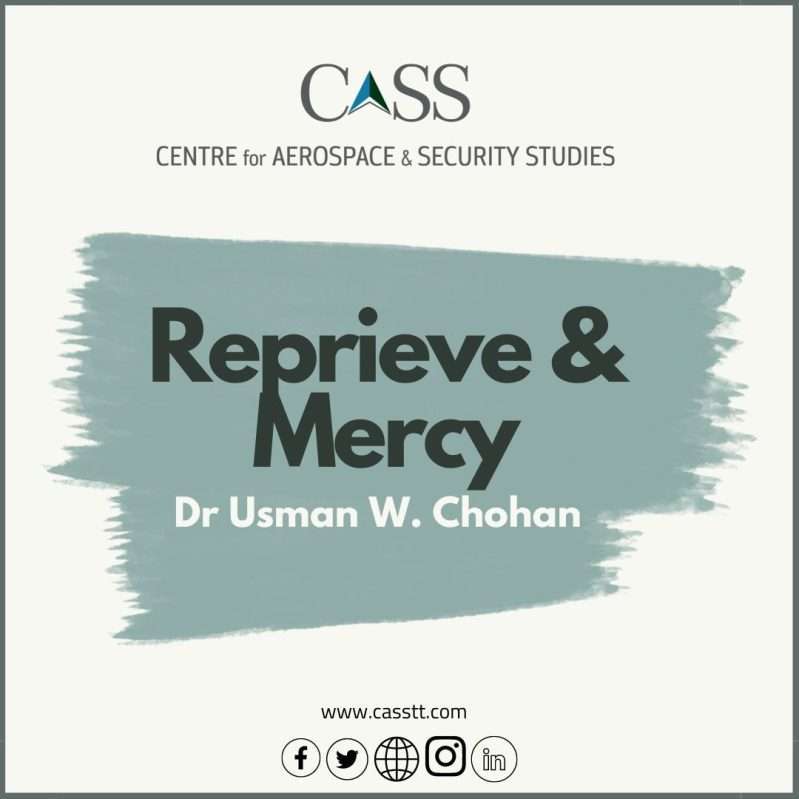The violent tremors of the coronavirus pandemic have been felt across the developing world, and despite the comparative success of some developing countries in managing the immunological fallout of COVID-19, the economic burden placed by the pandemic remains dire. What is of particular concern is the constrained public finance resources of developing countries, which fall on the horns of a dilemma between paying off international debts and diverting financial resources towards public health spending.
It was for this reason that the multilateral Debt Servicing Suspension Initiative (DSSI) which was led by the Group of 20 (G20) advanced economies was so critical in the first half of 2020. It is estimated that, even before the pandemic’s eruption, countries that have been eligible for DSSI were vulnerable to increasing debt burdens. According to a recent World Bank study, the countries eligible for DSSI had seen their external debt loads swell by 9.5 percent to $744bn in 2019. Going forward, the IMF has cautioned that African states alone face a revenue financing shortfall of $345bn through to 2023 due to the pandemic and its economic fallout.
Pakistan shares this concern with other developing countries, and this is why our advocacy for debt relief in early 2020 on behalf of the third world helped culminate in the DSSI. In fact, Pakistan is one of the largest economies to face this debt financing distress in the near future. According to the Economist magazine, Pakistan faces more than $4.5 billion dollars in debt service payments due in the period January-June 2021, out of which $2.1 billion is to bilateral lenders and the remainder is to other lenders including multilateral institutions and bondholders. This is twice the size of debt servicing payments due for Angola and four times the size of that due for Ethiopia.
Prime Minister Imran Khan is absolutely correct that debt relief is one of the fastest ways of creating fiscal space for developing countries, hence the need for an extended reprieve. Recently, the DSSI has been extended from the end of 2020 to mid-2021. According to the European Network on Debt and Development (Eurodad), extending the DSSI moratorium by six months might provide an additional $6.4 billion of relief to deserving countries, which would rise to $11.4 billion if the DSSI would be further extended to 2021. This would amount to at least one-fourth of the combined debt payments for those countries included within DSSI. For countries such as Angola, it could amount to nearly 5 percent of GDP, according to the Fitch ratings agency.
But getting government creditors on board through DSSI is only part of the picture. There are very large private creditors, such as international hedge funds and global non-bank financial institutions, who have looked at reprieve and mercy for the third world in a contemptuous manner. They have failed to show compassion and are driven by the profit motive to make their collections come hell or high water. Many DSSI countries have urged these vultures for compassion, but have refrained from requesting a formal waiver from them, fearing that such a move would trigger a re-rating of their creditworthiness and lock them out of international debt markets, and that too at a time when many major central banks are pushing their rates down to near-zero rates.
NGOs have calculated that 120 low-income and middle-income countries spent more in 2019 on debt servicing than on their public health systems, which have come under immense strain during this pandemic. At the same time, many frontier markets have struggled to get this far in gaining international market access for raising capital over the past decade, and would lose all that effort if the ratings agencies re-rate them into defaults and restructurings. According to Moody’s, the DSSI developing countries face a $40 billion funding gap as it is, and State Bank Governor Reza Baqir has made recent comments regarding the importance of maintaining access to international markets as well.
As such, there are profound distortions in the dynamics of international debt. Poor countries seek the compassion of richer governments given the challenges of managing a pandemic under resource constraints. Richer countries, in addition to any sense of solidarity, also see a self-preserving logic in this, because of their fear of waves of desperate immigrants at their shores if the hardships become too great. At the same time, neither the richer nor poorer countries are compelling the private sector vultures from extracting the few drops of blood remaining in the developing world’s open veins. At a time when growing masses, 150 million people according to the World Bank, stare into an economic abyss, there is a pressing need for international solidarity, not just between governments but between all creditors and lenders. Whatever interest payments those vultures expect to extract, it is a minor portion of their balance sheets, but it means the choice of life and death in the developing world. This is where the harder questions of reprieve and mercy truly lie.
-Dr. Usman Chohan is a Director at Centre for Aerospace and Security Studies (CASS). This article was first published in The Nation newspaper. He can be reached at [email protected].





